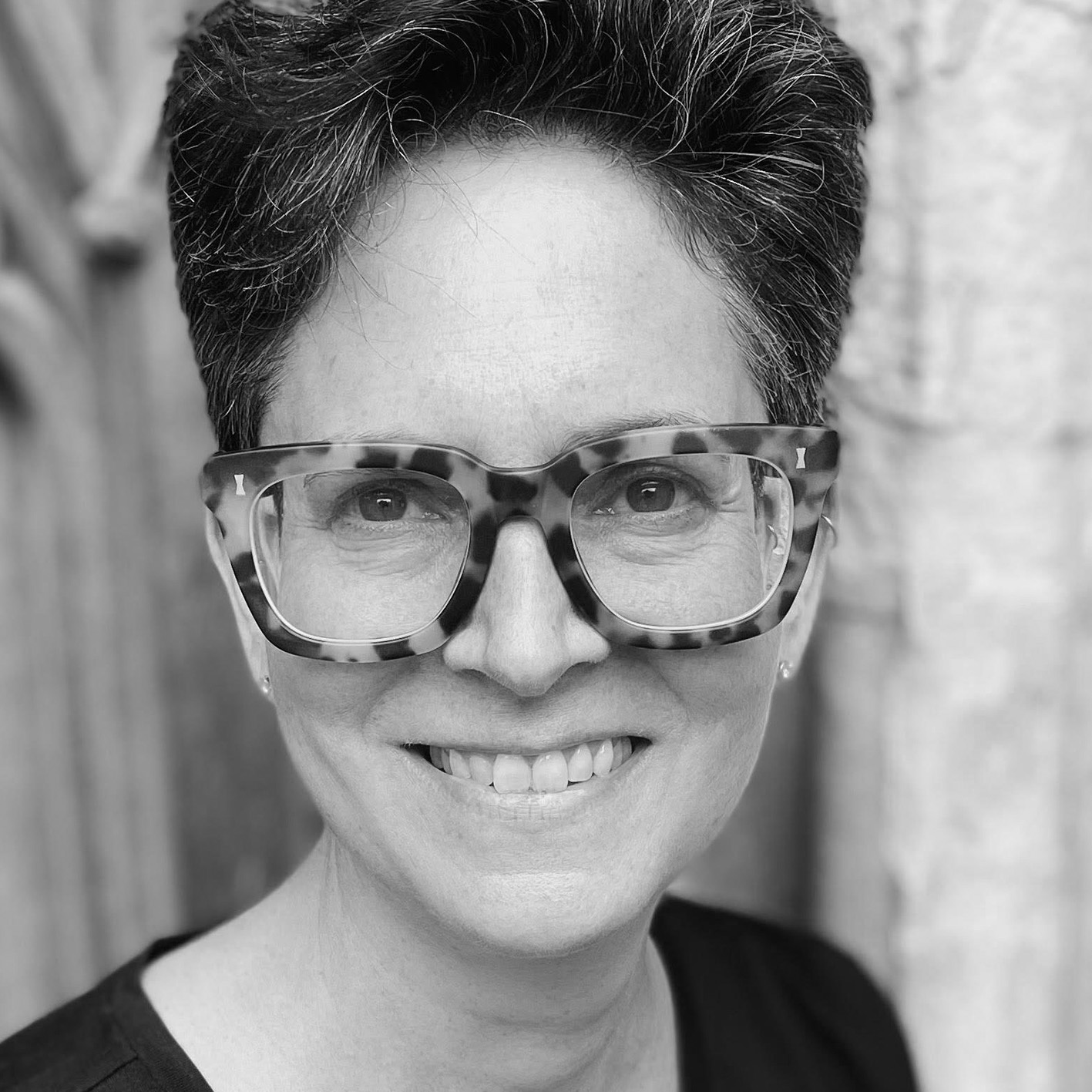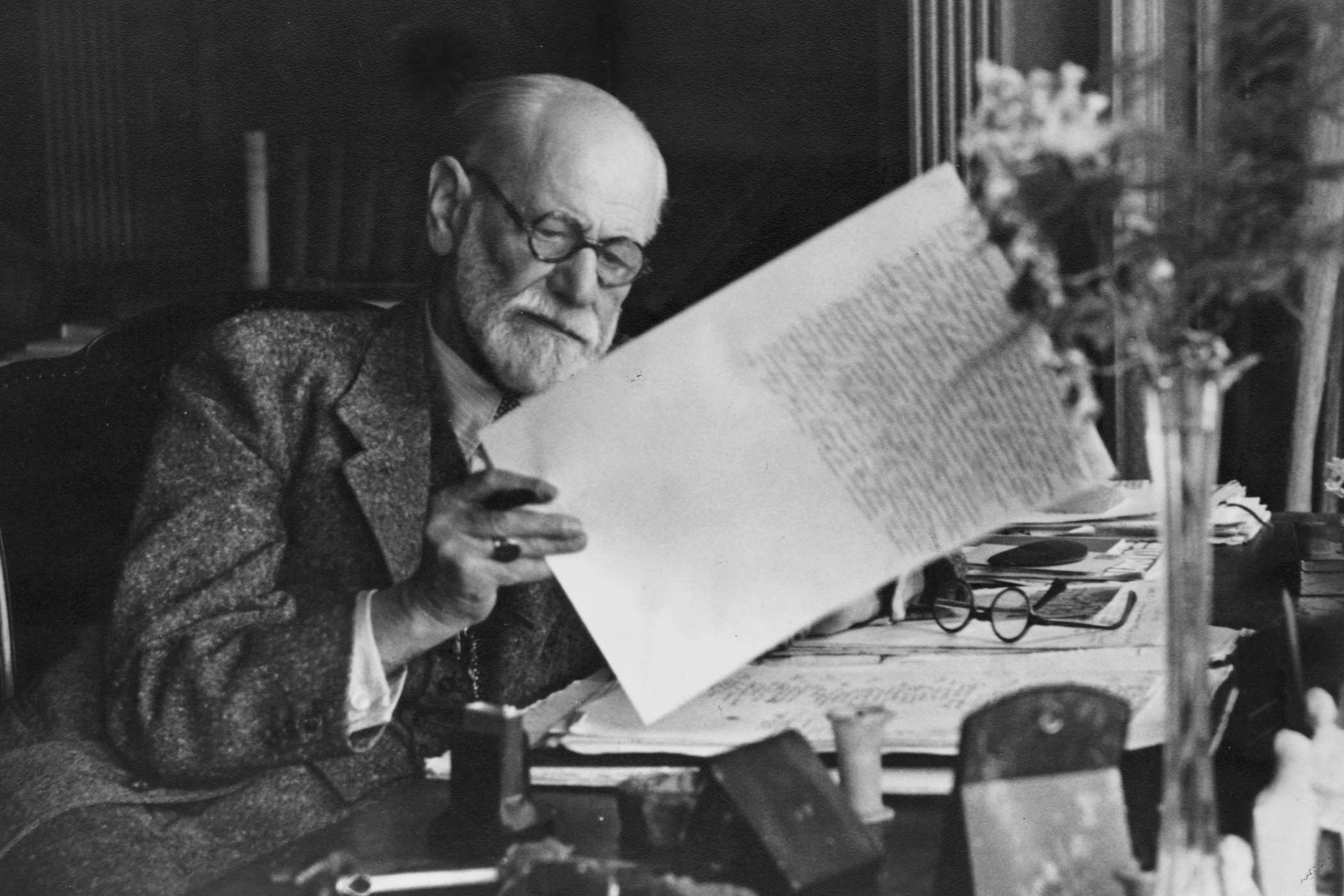Pity the poor male novelist. In recent months there has been a slew of articles with titles such as The Disappearance of Literary Men Should Worry Everyone; and The Vanishing White Male Writer. Jude Cook, a British novelist and critic, announced in March his intention to launch Conduit Books, “focusing initially on male authors”, because he perceived that, in the era of Sally Rooney et al, the boys were being overlooked.
Then comes the Booker longlist, with its 50/50 distribution between the sexes (well, there are six men and seven women, but there’s odd numbers for you); and David Nicholls hanging on to the top spot on the Sunday Times bestseller list for the third consecutive week with his novel You Are Here. It caused the Bookseller to suggest that the “death of the male novelist” had been “greatly exaggerated”. So surely all this fuss about male novelists being oppressed/disregarded/unable to get their work published is a storm in the bone china.
There are many issues in play here. First: who are the readers? The scholar Helen Taylor, in her 2020 book Why Women Read Fiction: The Stories of Our Lives, noted that in the UK, the US and Canada, 80% of fiction sales are to women. Research by the Women’s Prize Trust in 2024 found that men “overwhelmingly” reject books by women in favour of male authors; whereas across 54,000 book purchases made in 2023, women bought books by women and men equally.
Second, everyone is reading less. There’s just, you know, more to do. It’s become a cliche to say that if Dickens were alive today he would be a showrunner rather than a novelist, but it’s hard to doubt. In the aftermath of the invention of the printing press and the advent of mass literacy, novels were the TikTok of their day: in 1750, Samuel Johnson warned of their dangers, claiming: “These books are written chiefly to the young, the ignorant, and the idle, to whom they serve as lectures of conduct, and introductions into life. They are the entertainment of minds unfurnished with ideas, and therefore easily susceptible of impressions.”
It’s hard not to suspect a yearning here for your Mailers, Roths and Updikes
It’s hard not to suspect a yearning here for your Mailers, Roths and Updikes
Sound familiar? These days, we’ve got plenty of options to entertain ourselves. Male novelists are squeezed; all novelists are squeezed. The average income for an author in Britain is just £7,000.
And, last but absolutely not least, publishers have worked hard to open their lists – to find voices beyond those who in decades past found it easiest to pass through the literary gates: men. You don’t need to be told that the Brontës had to cross-dress, so to speak, to get published (as Currer, Ellis and Acton Bell).
So when we talk about “male novelists”, I think it’s worth interrogating what we code as “male”. It’s hard not to suspect that there is, in this discourse, a yearning for the hypermasculine novelist of the early- to mid-20th century: your Fitzgeralds and your Hemingways, your Mailers, Roths and Updikes.
Yes, Americans all – but there’s a kind of American swagger to the notion of this great literary beast. By those lights, is David Nicholls – who writes so sweetly of affairs of the heart – even a “male” novelist at all?
I’m being provocative. And in case you need to be told, neither I nor this newspaper endorse such simplistic binaries. Tom Wolfe didn’t just write about The Right Stuff: he had the right stuff, and we all knew it – or at least, we were supposed to know it. Jude Cook and co, be careful what you wish for.
Photograph by David Levenson/Getty
Newsletters
Choose the newsletters you want to receive
View more
For information about how The Observer protects your data, read our Privacy Policy



